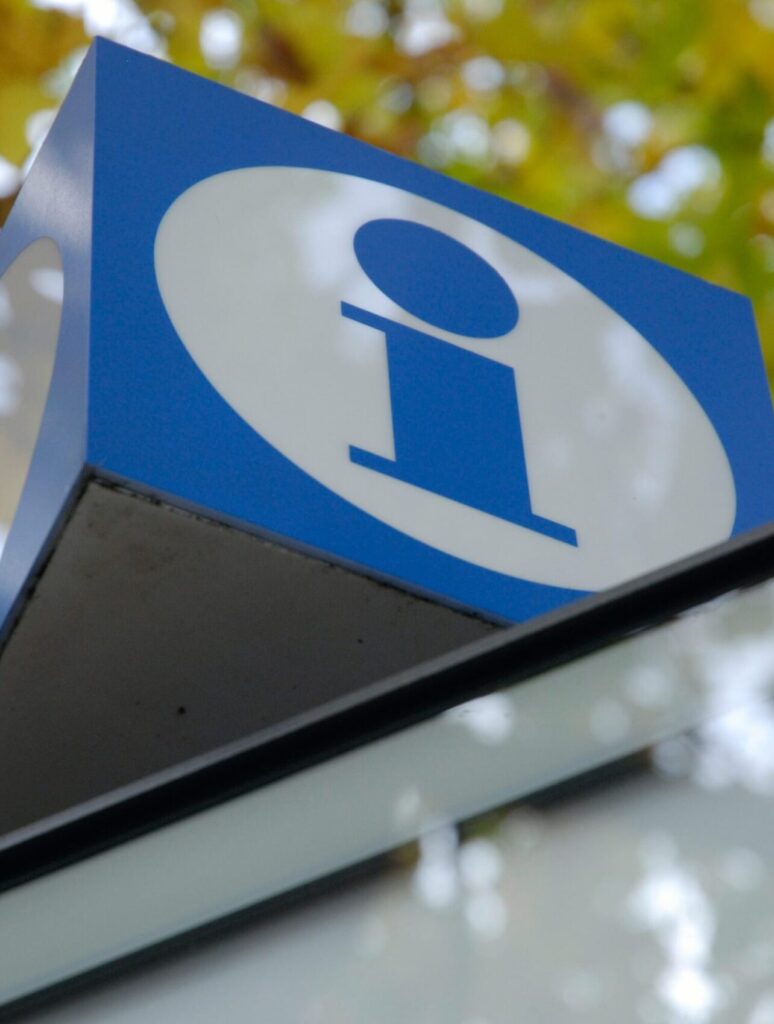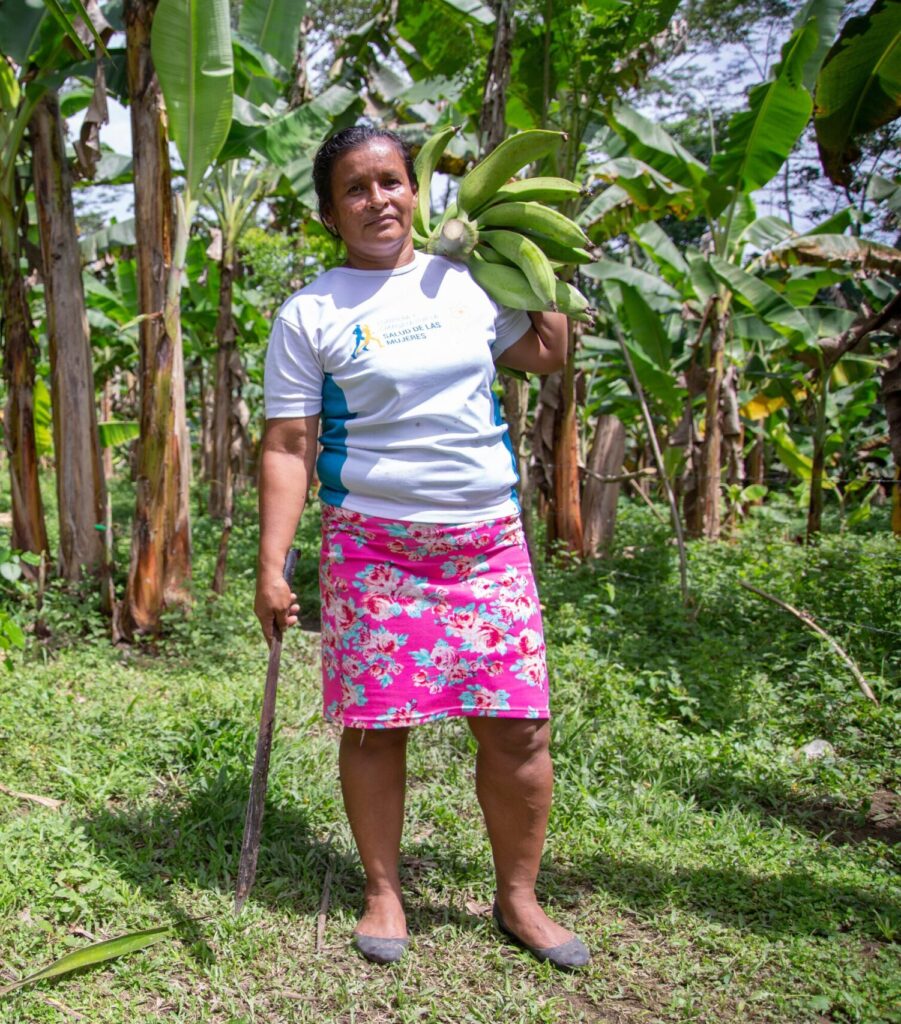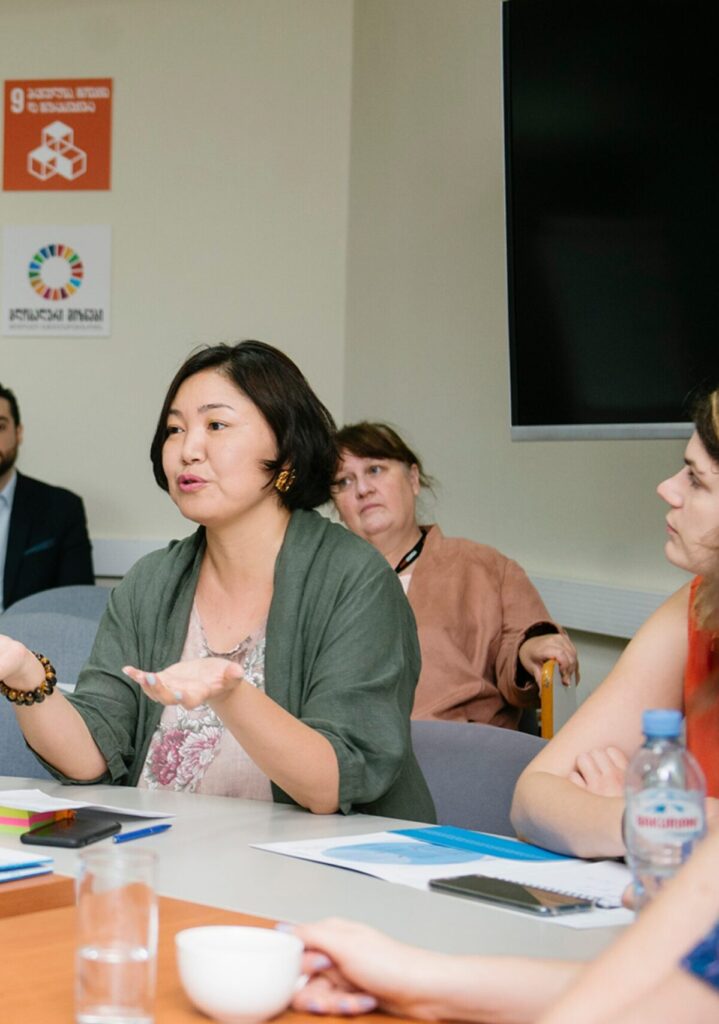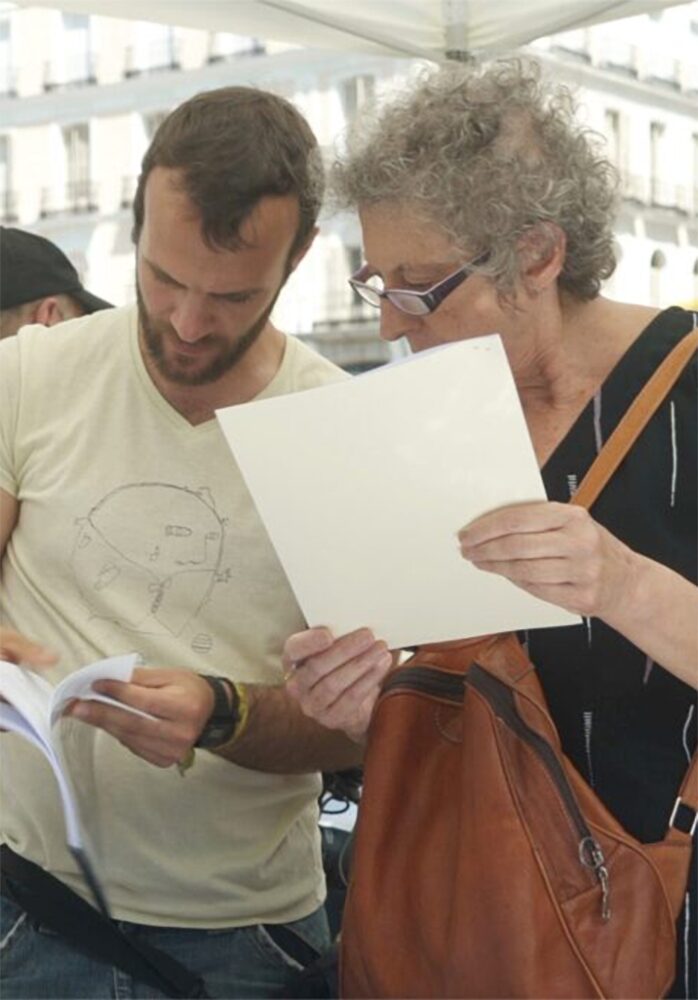Through OGP’s 2023-2028 strategy, the open government community identified open government areas that can strengthen our democracies and improve our communities. Each of the areas listed below has a head line challenge and suggested actions and reforms to advance the challenge. Click here to check the Challenge eligibility criteria for submitted actions or commitments and click here to explore the latest Challenge commitments.

Access to Information
Improve effectiveness of access to information legal frameworks.
Actions and reforms that fit within the scope of this challenge area are:
- Introduction of access to information legal frameworks or amendments that significantly improve existing ones.
- Reforms that increase access to information oversight authorities’ independence, capacity, and integrity.
- Activities that substantially improve the implementation and enforcement of freedom of / access to information legal frameworks.
- Improving agency by agency access to information performance reporting and data (including requests, affirmative responses, response times, use of exemptions, appeals, and outcomes of appeals).
Reforms that do not fit within the scope of this challenge area:
- General transparency or information disclosure activities

Anti-Corruption
Develop, strengthen, and/or implement a whole-of-government anti-corruption legislation, strategy or roadmap.
Actions and reforms that fit within the scope of this challenge should include at least one of the following areas:
- Beneficial ownership
- Open contracting
- Political finance and asset and interest disclosure
- Lobbying
- Integrity systems at local level
- Extractive industry transparency
Through this challenge, governments can improve policy, implementation and interoperability (including through OGP) across the areas above.
Reforms that do not fit within the scope of this challenge area:
- Anti-corruption policies that do not explicitly address the policies listed above, such as general strengthening of anti-corruption institutions
- Election information integrity (covered by Challenge on Digital)
- Whistleblower protections (covered by Challenge #8. Justice)

Civic Space
Strengthen enabling environment and spaces for civil society and civic action
Actions and reforms that fit within the scope of this challenge area are:
- Adopting, improving and/or implementing laws on civic space (especially non-profit laws) that are impartial and minimally restrictive on the operations of independent organizations.
- Programs to train and support national and/or subnational authorities in respecting and protecting the right to freely assemble in an unbiased and minimally restrictive manner.
- Reforms related to improving freedom of expression, such as protection of human rights defenders and other activists.
- Protection of freedom of association at both national and local level.
- Development of a civic space strategy or action plan, or promoting the use of Human Rights Impact Assessments, to comprehensively address issues restricting civic space.
Reforms that do not fit within the scope of this challenge area:
- Reforms related to protecting media freedom specifically. These are covered by Challenge #9: Media Freedom.

Climate and Environment
Use open government to strengthen implementation of legislation, strategies or agreements on climate, environment and/or the energy transition.
Actions and reforms that fit within the scope of this challenge area are:
- Implementing provisions in regional or global agreements or treaties on climate, the environment and/or the energy transition using open government principles.
- Developing or implementing a domestic (national and/or local) climate, environment and/or energy transition roadmap, legislation or strategy using open government principles.
- Ensuring public oversight and transparency for climate finance and greening existing fiscal and planning processes.

Digital Governance
Strengthen transparency and public oversight of AI, automated-decision making, and data protection frameworks.
Actions and reforms that fit within the scope of this challenge area are:
- Making underlying data publicly available (e.g. through transparency registers for algorithms).
- Embedding human rights impact assessments.
- Creating public grievance mechanisms.
- Creating or strengthening independent oversight agencies.
- Creating specific public participation opportunities.
- Creating specific mechanisms to promote digital inclusion on AI, automated-decision making, and data protection frameworks and prevent online discrimination and disinformation based on their use.
- Reforms that protect personal data and privacy frameworks through establishing transparency, accountability, and consent mechanisms and requirements.

Fiscal Openness
Advance public oversight and inclusion reforms across the budget and spending cycle.
Actions and reforms that fit within the scope of this challenge area (i.e. budgeting, revenue, spending and auditing) are:
- Strengthen the role of the legislature, and other relevant institutions, in approving, monitoring, reviewing and publishing the budget, fiscal and debt related data and reports, from an open government perspective.
- Reforms or activities that empower independent fiscal oversight institutions (SAI’s) and Ombudsman offices to enforce transparency and accountability measures throughout the budget cycle.
- Promoting participatory mechanisms, targeting underrepresented groups, to inform spending priorities.
- Combining online and offline tools to promote participation across the budget and spending cycle
Reforms that do not fit within the scope of this challenge area:
- Reforms that promote accessibility to the general public of fiscal data and fiscal information, including open data, data portals, mobile phone apps, and plain language guides such as Citizen Budgets

Gender and Inclusion
Adopt open government reforms to promote the full participation of women and under-represented groups politically, socially and economically.
Actions and reforms that fit within the scope of this challenge area are:
- Gender-targeted reforms such as mechanisms to tackle gender-based violence, both online and offline.
- Mainstream gender and inclusion across suggested actions other challenge areas (e.g. anti-corruption, fiscal openness, climate and environment).
- Policies that concretely make permanent changes in policy, legal and or implementation frameworks to better involve under-represented communities in decision-making (e.g, women and girls, youth, members of the LGBTQIA+ community, people with disabilities, and elderly people.)
- Institutionalize and / or make compulsory the publication of data disaggregated by impacted communities, such as open gender data.
Reforms that do not fit within the scope of this challenge area:
- Reforms aimed to empower women or other impacted communities that do not have a direct open government angle, e.g. establishing quotas for political office.

Justice
Advance people-centered justice reforms.
Actions and reforms that fit within the scope of this challenge area are:
- Embed or institutionalize mechanisms for participatory and inclusive approaches to justice policy and service design, for the purpose of ensuring that everyone has appropriate access to legal services
- Strengthen the independence, transparency and responsiveness of justice institutions to the public.
- Ensure that there is accountability for policymaking through appropriate and effective redress mechanisms and institutions that involve the public (e.g. whistleblower protections, right to information appeals, complaint mechanisms.)
Reforms that do not fit within the scope of this challenge area:
- One-off initiatives or projects on participation, inclusion, independence, transparency etc of the justice system that are not aimed at generating binding changes in practices

Media Freedom
Develop or reinforce legal frameworks that protect the rights of journalists and independent media.
Actions and reforms that fit within the scope of this challenge area are:
- Remove criminal defamation, libel, and other penalties for reporting and tackling the use of SLAPPs (Strategic Lawsuits Against Public Participation) to silence journalists and activists.
- Create supportive environments for revenue generation and mechanisms that allow for independent and public-funded media platforms and avoid the concentration of media ownership at national and/or local level
- Reforms related to reviewing or passing new media laws aligned with open government principles.
Reforms that do not fit within the scope of this challenge area:
- Reforms related to protecting freedom of expression broadly, without explicit reference to media.
- Reforms related to protecting activists are covered by Challenge #3: Civic Space.

Public Participation
Mainstream or embed fit-for-purpose, high quality and inclusive public participation practices across key government sectors, processes, and institutions.
Actions and reforms that fit within the scope of this challenge area are:
- Passing and implementing laws and policies that create the expectation and/or possibility of a higher level of public participation across the policy-making process (e.g. establishing legally enforceable participation requirements or new mechanisms for participation.)
- Creating participation teams or institutionalizing mechanisms that are responsible for improving public participation in general or within specific sectoral reforms.
Reforms that do not fit within the scope of this challenge area:
- One-off opportunities for public participation (e.g. making a specific policy available for public comment, co-creating a particular strategy with the public)
Related Content

Open Gov Week 2025
This Open Gov Week, we are coming together to celebrate, inspire, and energize the movement
